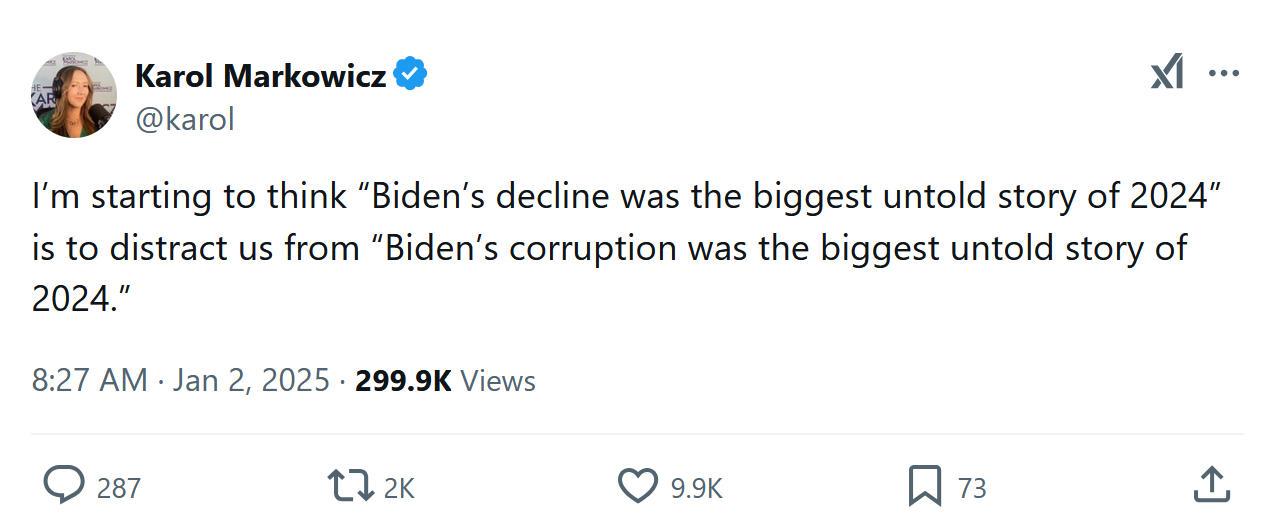JOHN HAWKINS: Does American Culture Celebrate Mediocrity Over Excellence?
It feels like there are two points [Vivek Ramaswamy is] making here, one subtle and one obvious.
The subtle one, which is at the heart of why so many tech companies REALLY want H1-B visas so badly, is that some cultures are poorer and hungrier than others. I hate to tell you this if you’re American, but as a general rule, Indians WANT IT more than you do. Why? Because the average salary in India is about $382 per month. So, if you’re Indian, educated, smart, and because of the wonders of the modern world, can do work or even remote work in America, you have an incredible opportunity.
If you have pretty good English, can take instructions, work hard, and have a good attitude, you may be able to get very “rich” doing what most Americans consider fairly mundane work. Think about it – if you can just make the minimum wage in America, that equates to $15,080 per year. Americans consider that “barely surviving.” Meanwhile, if you’re in India, that’s three times what the average person makes.
How much bullsh*t would you be willing to put up with at work to get paid lots of money to do a simple job? Personally, I’ve hired people from India to work remotely for me before, and do you know what my experience was? There were some communication issues, but generally, they did the job, they did it well, and they had a work ethic you just don’t see in America. What do I mean by that? Well, I am 100% not exaggerating when I say that I’ve had Indians tell me out of the blue they intend to work for me through their honeymoons or reach out to tell me they just had a heart attack and are in the ICU but will be back at work in a couple of days. It’s not like I’m a slavedriver or ask them to do these things either, this is just their attitude.
In my experience, Americans who are that hungry tend to be few and far between as compared to it being common somewhere like India. This is one of the few advantages poor people have over the rich. Being deprived makes them hungry for success in a way that it’s hard to be when life is easy.
Getting beyond that, it’s impossible to deny that Ramaswamy is right about America’s culture emphasizing the wrong things.
Read the whole thing.


